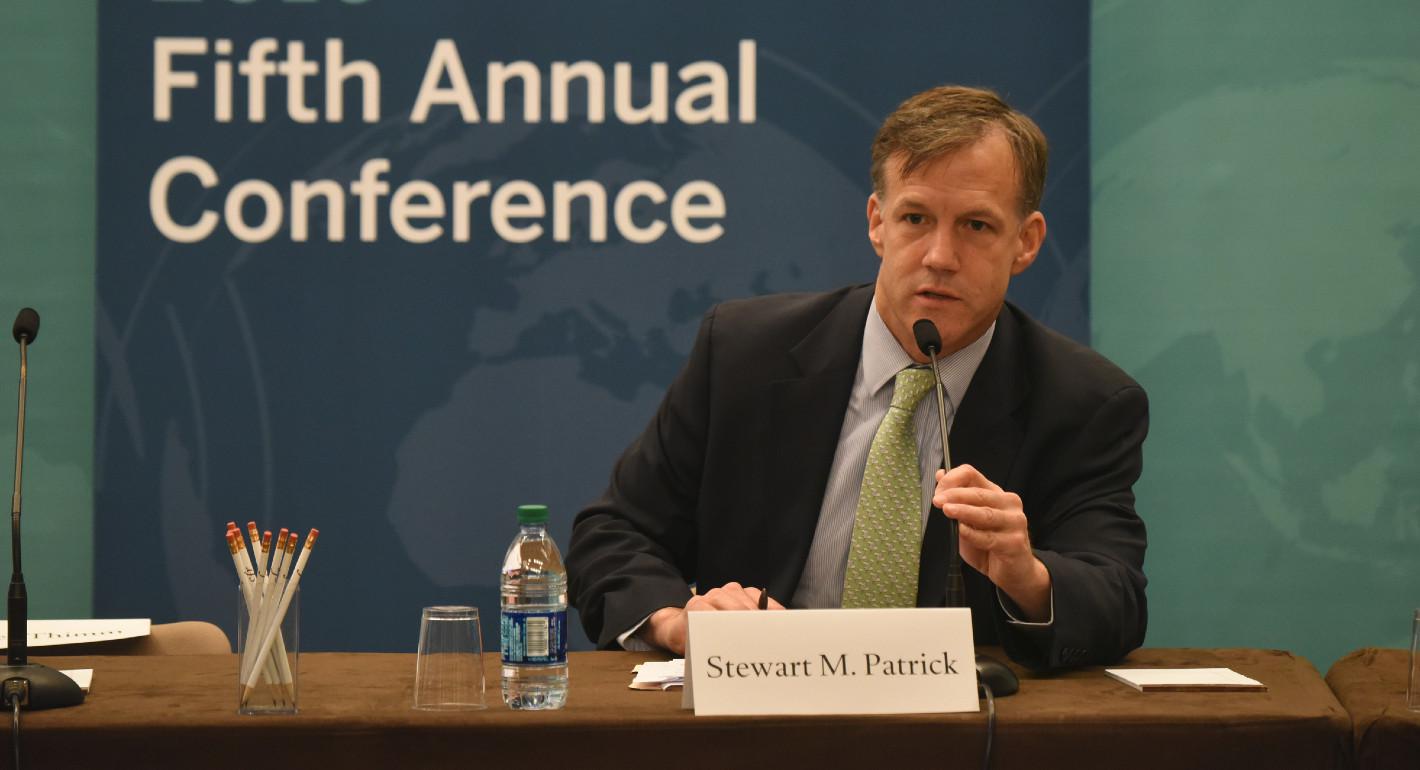The biggest test confronting humanity is figuring out how to live peacefully and sustainably on a divided and fragile planet. It’s a challenge compounded by a structural dilemma: the world’s biggest problems are transnational, yet the globe is partitioned into nearly 200 sovereign nations, each pursuing its own interests. My work at Carnegie explores how innovations in multilateral cooperation can help national governments as well as private and subnational actors manage the common risks of—and realize shared benefits from—interdependence. This is the mandate that Andrew Carnegie gave the endowment more than a century ago, and it has never been more urgent.
When I began my career in the early post–Cold War era, many observers anticipated that the inexorable dynamics of globalization would encourage convergence toward the liberal values and principles that underpinned the largely open, Western-dominated international system. Those hopes were not borne out. World politics has proven stubbornly complex, competitive, and conflictual. Emerging powers have promoted alternative visions of world order. Populists and nationalists have turned their backs on globalization. Democracy has retreated while authoritarianism has advanced. And established international organizations have struggled to adjust to rising powers and adapt to new threats, including those driven by the blistering pace of technological change. Meanwhile the United States, the erstwhile champion of the liberal world order, has oscillated between defending and rejecting internationalism, a phenomenon I analyzed in my book The Sovereignty Wars: Reconciling America with the World. Nowhere are the failures of multilateral cooperation more glaring than in the desultory global response to the existential threat of climate change.
These are troubling trends, but they are not insurmountable. The trajectory of our species has been deeply shaped by ingenuity and cooperation, allowing us to survive, albeit—in the words of the playwright Thornton Wilder—by “the skin of our teeth.” Years ago, as a student of evolution, I spent two memorable summers on a paleoanthropological expedition in Olduvai Gorge, Tanzania, one of the cradles of humanity. Hominid fossils proved scarce, but strewn about the stratigraphy were gleaming white hand axes, hewn from quartz by Homo erectus. Thanks to such technology—and a willingness to cooperate—our ancestors were able to flourish in that austere environment and, eventually, to populate new continents.
We’ve come a long way since, but we need innovation and cooperation more than ever. I’m excited to work with my talented Carnegie colleagues in reimagining the institutional foundations for world order in the twenty-first century. Together, we’ll explore how to forge agreement among diverse countries and peoples on basic rules of international conduct and sovereign state obligations. We’ll help expand the frontiers of multilateralism, including by showcasing the growing role that subnational actors (including U.S. states and cities) can play in solving global problems. We’ll investigate how to improve the performance and democratic accountability of international bodies, as well as how to expand representation and voice from the Global South within them. We’ll propose new approaches to regulating the global commons, as well as transformative technologies that present shared risks. Finally, we’ll identify what new global rules are needed to preserve the biosphere, so that humanity can finally govern the world as if the Earth mattered.
As a child, I was a fan of the weekly TV show Big Blue Marble. The kid-friendly documentary series afforded American youngsters a window into the lives of their far-flung counterparts around the globe. The title was inspired by the famous “Earthrise” photo taken by Apollo 8 astronauts that depicts a vibrant, lonely sphere in the cold darkness of space and underscores humanity’s essential unity. I’m an adult now, but I remain enough of an idealist to believe that we can find sufficient common ground not only to survive but also to thrive on our small planet.





